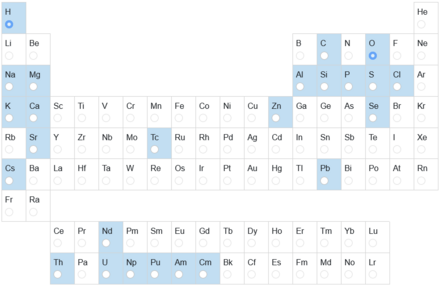THEREDA
THEREDA (Thermodynamic Reference Data Base) is a collaborative project whose goal is to establish a comprehensive, quality-assured and internally consistent thermodynamic reference database for geochemical model calculations of aqueous electrolyte solutions up to high ionic strengths. This is essential for near- and far-field processes in different rock formations, which are discussed as potential repositories for radioactive and chemo-toxic waste in Germany and other countries.
THEREDA provides thermodynamic data and Pitzer interaction coefficients for aqueous solutions. Coupled to appropriate codes, this allows the calculation of solubilities of radiotoxic and chemotoxic elements, as well as for major matrix components. Currently, for the host rock salt, THEREDA represents the only database in the world that polythermally covers the entire system of oceanic salts, including acids and bases within a temperature range of ϑ = 0 – 120 °C (and even higher for certain sub-systems). In addition, THEREDA has implemented the quality assured cement data from the CEMDATA database of Empa to polythermally calculate the solubility of construction materials like cementitious phases. Solubility data for actinides as well as activation and fission products are available at ϑ = 25 °C mostly covering oxidizing as well as reducing conditions.
Our work focuses on critically evaluating and providing data that support the calculation of solubilities in highly concentrated saline solutions, such as those that may occur in rock salt or various clay formations. Many data records in THEREDA originate from the OECD-NEA thermochemical database (NEA TDB). They are adjusted or supplemented as needed. In particular, Pitzer interaction coefficients consistent with standard thermodynamic data provided in THEREDA are added.
In contrast to the very restrictive quality requirements of the NEA TDB, we also provide lower quality data when needed to calculate experimentally confirmed solubility data. A classification by the source, quality, and type of primary experimental data from which the input thermodynamic data were derived has been developed to guide THEREDA users, see the exhaustive set of explanatory documents.
The internal data structure of THEREDA is kept decidedly flexible, paving the way for future extensions of the database, e.g., for other potential host rocks or contaminants, or for real gases and solid solutions. All work on THEREDA (maintenance as well as usage) is performed via a web interface to the database. Compliance with quality requirements and internal data consistency is ensured by control mechanisms embedded in the database. Comprehensive documentation of the data accompanies the web interface. THEREDA offers (after a simple registration step) data exports either tailored to specific codes (currently Geochemist’s Workbench, PHREEQC and PhreePlot) or in a generic JSON format. The latter eases conversions into any other input format.
THEREDA was and is planned, implemented and further developed jointly by established institutions conducting research in the field of radioactive waste disposal and potential host rocks. THEREDA partners are open to cooperation with other institutions from Germany and abroad that are active in a similar field. Questions about the possibilities of an associated partnership with THEREDA can be addressed to the project coordinator Helge Moog or to all other project partners.
The data in THEREDA is available to our users after free registration.
